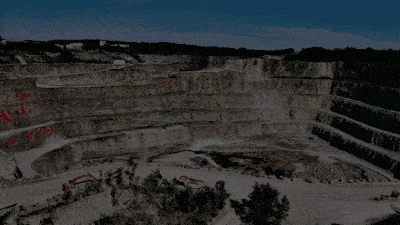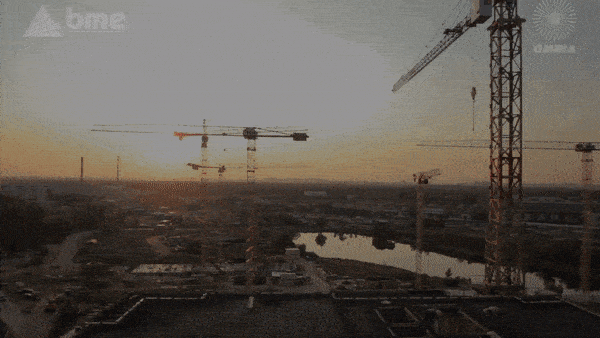Times are good for the mining sector, but more exploration and mine development is vital if it is to keep up with future demand – for battery minerals in particular. With the focus now on minerals that can build a low-carbon future, Ralf Hennecke, Managing Director of Omnia Group company BME, has emphasized a commodity pipeline that is falling short.
Times are good for the mining sector, but more exploration and mine development is vital if it is to keep up with future demand – for battery minerals in particular. With the focus now on minerals that can build a low-carbon future, Ralf Hennecke, Managing Director of Omnia Group company BME, has emphasized a commodity pipeline that is falling short.
“Greenfield projects to boost the production of key commodities are scarce,” he said. “Minerals like nickel, copper, cobalt and platinum group metals are likely to experience supply shortages in the not-too-distant future if new projects are not initiated soon.”
He reiterated that new mining operations – or even large expansions – typically take 7-10 years to progress from the planning stage to the production of metal. There is a likelihood that the demand-supply gap in many minerals could worsen if levelling production rates are not augmented with new sources of supply. The demand for battery minerals is being driven by a range of green technologies – even though there is still uncertainty about which minerals will be most in demand in the future.
As we work together with mines to improve on-site efficiencies, supply partners like BME can assist customers in reaching output and sustainability goals,” he said. “The digital age offers a great deal to our efforts in developing productive technologies, and we are confident that investors will also recognise this potential.
RALF HENNECKE, MANAGING DIRECTOR OF BME, A DIVISION OF THE OMNIA GROUP
“We are fortunate that mining is attracting substantial interest from investors, especially as the sector embraces environmental, social and governance (ESG) priorities,” he said. “It is also being supported by its key supply partners in pursuing important sustainability goals; this is all contributing to a more stable outlook, also building on more constructive links with communities and host governments.”
The mining industry has also taken an active stance concerning climate change, which is a key priority for many end customers of mineral products. Health and safety continue to be critical areas of focus, helping to keep investors committed over the longer term.
Hennecke pointed to the ongoing pursuit of efficiency in mining – to serve both sustainability and production imperatives. On this front, mines are looking increasingly to their partners in the supply chain for enabling technology and skill sets.

“As we work together with mines to improve on-site efficiencies, supply partners like BME can assist customers in reaching output and sustainability goals,” he said. “The digital age offers a great deal to our efforts in developing productive technologies, and we are confident that investors will also recognise this potential.”
Operationally, mines and their supply partners must carefully balance their sustainability and efficiency priorities with the security of supply, he emphasised. Building and maintaining robust supply chains has returned to the spotlight since the outbreak of the Covid-19 pandemic. Economic lockdowns severely disrupted global logistics networks and many – such as shipping – are yet to recover. More recently, geo-political instability caused by Russia’s invasion of Ukraine has added to the factors that threaten reliable supply chains.
“Despite these challenges, we hope to see levels of investment grow in mineral-rich countries like the Democratic Republic of Congo and Zambia among others,” said Hennecke.






